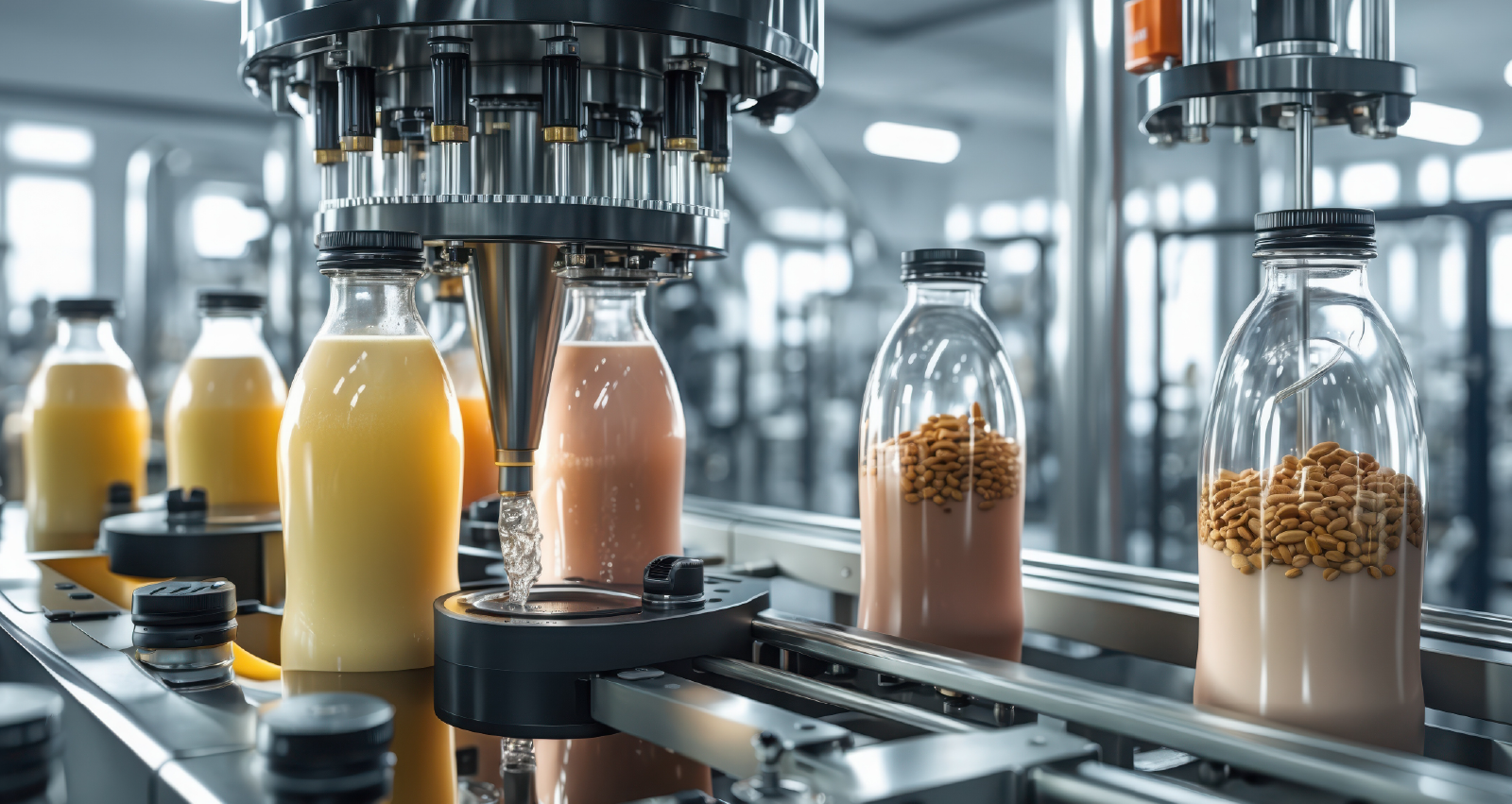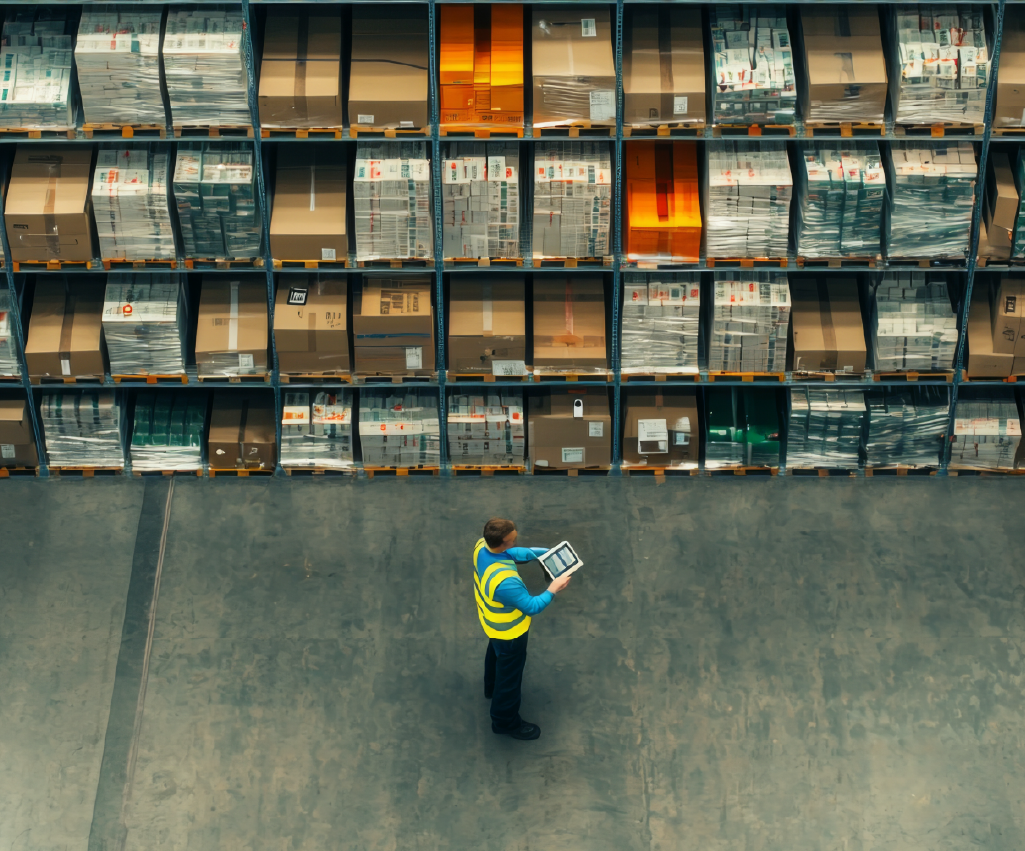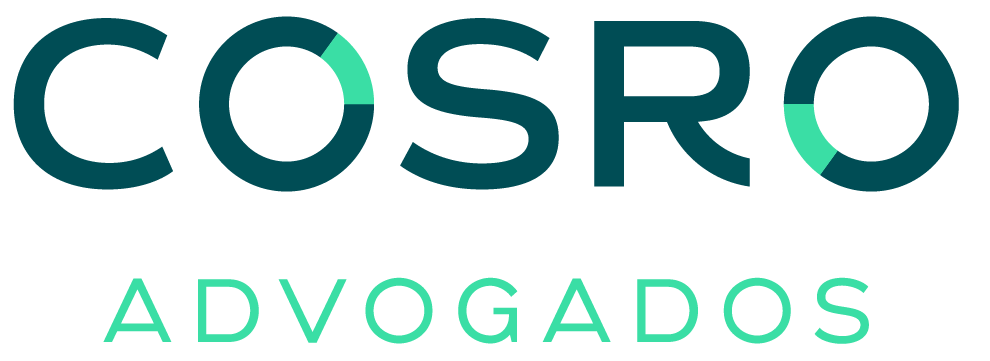Food & Beverages
We provide specialized, multidisciplinary legal advisory services for companies driving innovation and development in the sector. We closely follow the entire value chain, from the development of new ingredients and production technologies to commercialization through physical and digital channels, and engage daily with processed food industries, enteral and infant nutrition companies, alcoholic and non-alcoholic beverage manufacturers, foodtechs, alternative protein companies, distributors, retailers, marketplaces, importers, exporters, agro-industrial cooperatives, and packaging suppliers, always aligned with ESG best practices and global sustainability trends
Food & Beverages
We provide specialized, multidisciplinary legal advisory services for companies driving innovation and development in the sector. We closely follow the entire value chain, from the development of new ingredients and production technologies to commercialization through physical and digital channels, and engage daily with processed food industries, enteral and infant nutrition companies, alcoholic and non-alcoholic beverage manufacturers, foodtechs, alternative protein companies, distributors, retailers, marketplaces, importers, exporters, agro-industrial cooperatives, and packaging suppliers, always aligned with ESG best practices and global sustainability trends

There are essentially three main types of consumer goods: durable goods, which have a long useful life, such as appliances and tools; non-durable goods, consumed in less than three years, such as packaged foods and beverages; and services, which include intangible goods like repairs, cleaning, and consulting. The non-durable consumer goods industry, particularly food and beverages, holds an undeniably critical role in the global economy. Its significance extends beyond economic impact, directly influencing public health, food security, and overall population well-being
There are essentially three main types of consumer goods: durable goods, which have a long useful life, such as appliances and tools; non-durable goods, consumed in less than three years, such as packaged foods and beverages; and services, which include intangible goods like repairs, cleaning, and consulting. The non-durable consumer goods industry, particularly food and beverages, holds an undeniably critical role in the global economy. Its significance extends beyond economic impact, directly influencing public health, food security, and overall population well-being
Our take on the industry
The rise of new technologies and wellness-focused sustainable practices is driving the market toward a comprehensive and irreversible transformation. Shifts in consumer preferences regarding lifestyle and experiences, combined with opportunities for restructuring, the growth of e-commerce, the need for supply chain improvements, and the undeniable impact of the recent pandemic, are profoundly reshaping the industry
Sustainability, ESG principles, and transparency have emerged as pillars of innovation in the sector, directly influencing product development from conception to distribution, as companies strive to meet the expectations of increasingly conscious and ethical consumers
Persistent supply chain challenges remain a significant concern. The demand for efficiency and resilience in this chain is also fueling the growing use of artificial intelligence to predict and mitigate potential bottlenecks. Connecting legal requirements with commercial considerations has become essential for managing risks and identifying new opportunities. Sector-specific expertise across the lifecycle of food and beverage products is crucial, encompassing qualitative and quantitative product formulation, post-marketing aspects, R&D, labeling, waste management, food safety, recalls, and litigation – alongside promotion, advertising, and marketing, including social media. Meanwhile, market dynamics remain volatile, influenced by capital flows, geopolitics, global inflationary pressures, and economic uncertainty
Industry-specific pressures, such as the growing demand to demonstrate commitment to environmental, social, and governance matters, make the outlook challenging to predict with certainty. Nonetheless, the coming years hold significant potential. The increased focus on contractual arrangements within supply networks further underscores the industry’s ethos of resilience. Successfully navigating this dynamic landscape requires skillful maneuvering and adaptability in the face of constantly evolving challenges
Our take on the industry
The rise of new technologies and wellness-focused sustainable practices is driving the market toward a comprehensive and irreversible transformation. Shifts in consumer preferences regarding lifestyle and experiences, combined with opportunities for restructuring, the growth of e-commerce, the need for supply chain improvements, and the undeniable impact of the recent pandemic, are profoundly reshaping the industry
Sustainability, ESG principles, and transparency have emerged as pillars of innovation in the sector, directly influencing product development from conception to distribution, as companies strive to meet the expectations of increasingly conscious and ethical consumers
Persistent supply chain challenges remain a significant concern. The demand for efficiency and resilience in this chain is also fueling the growing use of artificial intelligence to predict and mitigate potential bottlenecks. Connecting legal requirements with commercial considerations has become essential for managing risks and identifying new opportunities. Sector-specific expertise across the lifecycle of food and beverage products is crucial, encompassing qualitative and quantitative product formulation, post-marketing aspects, R&D, labeling, waste management, food safety, recalls, and litigation – alongside promotion, advertising, and marketing, including social media. Meanwhile, market dynamics remain volatile, influenced by capital flows, geopolitics, global inflationary pressures, and economic uncertainty
Industry-specific pressures, such as the growing demand to demonstrate commitment to environmental, social, and governance matters, make the outlook challenging to predict with certainty. Nonetheless, the coming years hold significant potential. The increased focus on contractual arrangements within supply networks further underscores the industry’s ethos of resilience. Successfully navigating this dynamic landscape requires skillful maneuvering and adaptability in the face of constantly evolving challenges

Opportunities
- China
- Expansion of e-commerce
- Growth of the organic food market
- Integration of ESG practices
- Strategic B2B partnerships
- Regulatory convergence
- Carbon market
Challenges
- China
- High volatility and macroeconomic pressures
- Raw material shortages
- Financial returns in emerging markets
- Tightening of competition oversight
Macrotrends
- China
- Rising demand for sustainable products
- Technological innovation in production processes
- Focus on zero-waste solutions
- Carbon market

Opportunities
- China
- Expansion of e-commerce
- Growth of the organic food market
- Integration of ESG practices
- Strategic B2B partnerships
- Regulatory convergence
- Carbon market
Challenges
- China
- High volatility and macroeconomic pressures
- Raw material shortages
- Financial returns in emerging markets
- Tightening of competition oversight
Macrotrends
- China
- Rising demand for sustainable products
- Technological innovation in production processes
- Focus on zero-waste solutions
- Carbon market

Work Highlights
New Horizons in Corporate Sustainability
We developed a comprehensive inventory of ESG laws in Brazil to enhance understanding of the regulatory requirements applicable to the sector. This effort facilitated compliance in critical areas such as waste management, circular economy, and supply chain due diligence, supporting the company in implementing robust ESG management controls and public disclosure obligations
Responsible Practices in the Agri-Food Chain
We provide specialized legal guidance to a leading multinational in the agri-food sector, working closely on environmental risk management across the soy production chain to ensure compliance with environmental and labor laws. We also ensure the regularity of biomass suppliers through a thorough review checklist, thereby strengthening the company’s sustainability and social responsibility practices
Promoting Sustainability and Innovation in the Beverage Sector
We provided specialized guidance to a leading beverage company in developing sustainable corporate strategies and establishing strategic partnerships. In addition, we ensured regulatory compliance in innovative circular economy initiatives and in adapting to international regulations on plastic pollution
Guiding the Implementation of Health Solutions in Brazil
We facilitate the expansion of a leading global food solutions company into the Brazilian market. Our guidance covers areas such as asset acquisitions, tax strategies, regulatory compliance, management of strategic supply chain partners, and operational structuring, helping ensure a successful and sustainable market entry
Work Highlights
New Horizons in Corporate Sustainability
We developed a comprehensive inventory of ESG laws in Brazil to enhance understanding of the regulatory requirements applicable to the sector. This effort facilitated compliance in critical areas such as waste management, circular economy, and supply chain due diligence, supporting the company in implementing robust ESG management controls and public disclosure obligations
Responsible Practices in the Agri-Food Chain
We provide specialized legal guidance to a leading multinational in the agri-food sector, working closely on environmental risk management across the soy production chain to ensure compliance with environmental and labor laws. We also ensure the regularity of biomass suppliers through a thorough review checklist, thereby strengthening the company’s sustainability and social responsibility practices
Promoting Sustainability and Innovation in the Beverage Sector
We provided specialized guidance to a leading beverage company in developing sustainable corporate strategies and establishing strategic partnerships. In addition, we ensured regulatory compliance in innovative circular economy initiatives and in adapting to international regulations on plastic pollution
Guiding the Implementation of Health Solutions in Brazil
We facilitate the expansion of a leading global food solutions company into the Brazilian market. Our guidance covers areas such as asset acquisitions, tax strategies, regulatory compliance, management of strategic supply chain partners, and operational structuring, helping ensure a successful and sustainable market entry




















